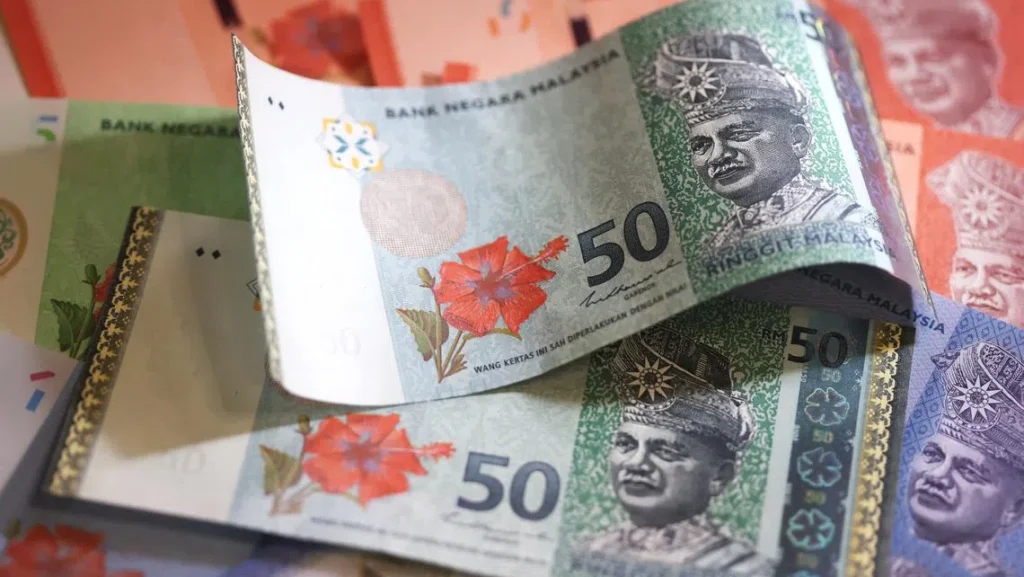New York — Tensions are boiling over at the Los Angeles Times as its owner, biotech mogul Patrick Soon-Shiong, pushes forward with plans to revolutionize the paper’s operations through an AI-powered “bias meter” and a dramatic reconfiguration of its editorial board. The moves, which aim to redefine how the paper presents news and opinion, have sparked backlash from newsroom staff, union representatives, and prominent columnists.
Speaking on Scott Jennings’ podcast, Flyover Country, Soon-Shiong described the bias meter as an innovative tool designed to identify and address perceived biases in news articles. By leveraging artificial intelligence technology he has been developing since 2010, initially for healthcare applications, the billionaire aims to provide readers with a means to see “both sides” of any given story. The system, scheduled for release in January, would allow readers to interact with stories and access alternative perspectives at the touch of a button.
Soon-Shiong characterized the tool as a response to growing concerns about confirmation bias and the inability of major media outlets to clearly differentiate between news reporting and opinion. “We need to help readers understand that any source of information inherently carries some level of bias,” he explained, underscoring his belief that traditional publishers have failed to adequately address this issue.
This announcement comes amidst a broader restructuring of the Times’ editorial board. Soon-Shiong, who purchased the publication in 2018, has been vocal about his desire to include a wider range of political perspectives. In a November interview, he expressed concern that the current board leaned too heavily to the left and argued for the inclusion of more centrist and conservative voices to achieve ideological balance.
The changes have provoked a storm of criticism within the newsroom. The Los Angeles Times Guild, which represents hundreds of staff members, issued a statement condemning Soon-Shiong’s remarks, accusing him of undermining the credibility of the newsroom. The Guild emphasized the adherence of its members to stringent ethical standards, including fairness, precision, and transparency, while rejecting the suggestion that bias was pervasive in their reporting.
“Our newsroom operates under a strict code of ethics designed to ensure rigorous and impartial journalism,” the statement read. “Dr. Soon-Shiong’s claims are unsubstantiated and do a disservice to the professionals who make this paper a trusted institution.”
The turmoil has already resulted in high-profile resignations. Harry Litman, a senior legal columnist for the Times, announced his departure in protest against Soon-Shiong’s actions. In a letter explaining his resignation, Litman accused the owner of compromising the paper’s integrity by prioritizing political considerations over journalistic independence.
Litman’s concerns were echoed by Kerry Cavanaugh, the assistant editorial page editor, who also resigned amid the upheaval. Their departures follow Soon-Shiong’s controversial decision to block the paper’s endorsement of Vice President Kamala Harris ahead of the 2024 presidential election. That decision, made just weeks before Election Day, triggered widespread dissatisfaction within the newsroom and led to thousands of subscription cancellations.
Soon-Shiong defended his decision, stating that the endorsement had been prepared without sufficient consultation or deliberation. “When I learned that the board had pre-packaged an endorsement without meeting any of the candidates, I was outraged,” he said, framing the move as an effort to uphold journalistic standards and avoid the spread of misinformation.
Despite his insistence on promoting balance and integrity, critics view Soon-Shiong’s actions as an overreach. Litman described the owner’s approach as “cowardly” and accused him of yielding to political pressure. “In the face of challenges to the media’s role as a pillar of democracy, Dr. Soon-Shiong has capitulated instead of standing firm,” he wrote.
As the LA Times grapples with these challenges, the launch of the bias meter looms large. While its proponents argue that it represents a step forward in transparency and reader engagement, its critics warn that it risks alienating staff and readers alike, further eroding trust in an already divided media landscape.









